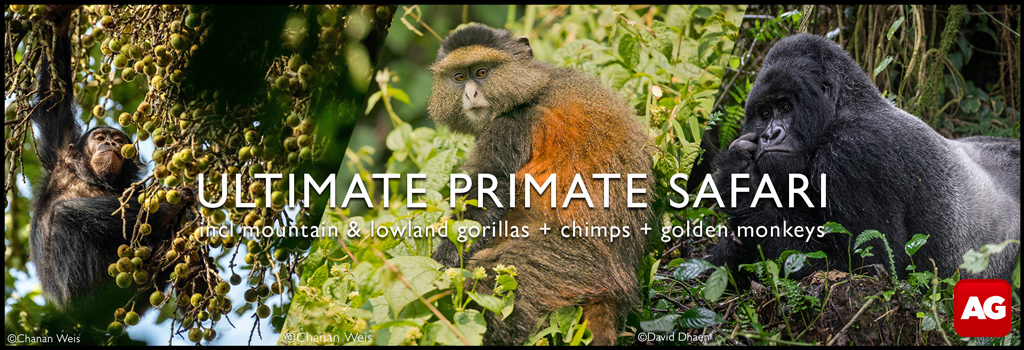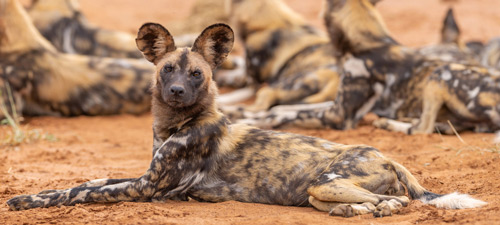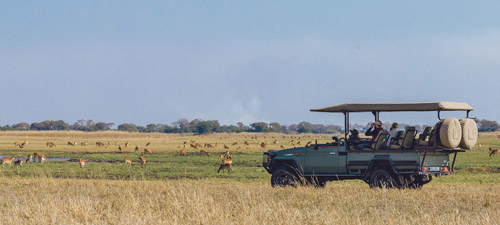This is not just another story about a pangolin rescue. This is a story of compassion and hope, a story of transboundary teamwork of two nations coming together to help two endangered mammals. A story that hopefully reminds us that we all have a role to play no matter how big or small. Written by: Ellen Connelly

When an email arrived alerting me of two rescued pangolins in Mozambique. My heart sank, and I had to take a deep breath before I could even read the words on the page. Two pangolins were being sold on the side of the road in Nampula in northern Mozambique. The rescuers, Nuno and Vicky, had seen this type of poaching occur while working in Mozambique. Knowing that buying the pangolins from the poacher could perpetuate the continual trade, Nuno and Vicky were at a loss as to what they should do. Honestly, though, there was only one thing to do, and that was to save these animals from starvation, dehydration and ultimately death. So they bought the pangolins from the poacher and took them to a safe ‘temporary’ environment.
It was at this point that the Tikki Hywood Foundation in Zimbabwe got involved. Through the IUCN-SSC Pangolin Specialist Group based in London, we were contacted to assist with supportive care and a solution to the problem. I was so relieved that we live in a world of emails and Skype, as it was not long before we were communicating with Nuno on a way forward. We quickly established the weights of the pangolins and offered advice on how best to proceed.
True to any epic tale – the plot could only thicken from this point. It was obvious that the two pangolins, which we now had established were mother and son, could not stay where they currently were. Within a few phone calls, we were put in touch with people on the ground in Mozambique who could take the pangolins.
Niassa Carnivore Project, run by Keith Begg, was the solution, and Keith jumped full force behind this project. Without worrying for a second about any cost implications, he was only concerned about the safety of the pangolins. But some issues to be considered – moving wildlife in Mozambique requires a permit, and up until this particular pangolin rescue, we had not had any involvement with the Mozambican authorities so we were rather concerned as to how we were going to achieve this without knowing the ‘right’ people.
We contacted Damien Mander of IAPF, who is currently involved with a rhino project in Mozambique and asked if he could direct us. Moments later, Damien emailed Dr Carlos Pereira and introduced the Tikki Hywood Trust and our work in Zimbabwe concerning pangolins. I was incredibly relieved when a new email arrived in my inbox from Dr Pereira. Not only was he aware of the increased pangolin poaching in Mozambique, but he was also completely on board in supporting the move of these rescued pangolins.
Together with Cornelio Miguel, warden of the Niassa National Reserve, Luis Tomas Sande, the chief of services who issued the permit that was required over a weekend, and Mr Aly, the head of the wildlife sector in Nampula, the necessary documentation and approval was given. The plan was put in action to get the pangolins to Niassa.
With just a cardboard box and a couple of towels, the pangolins were taken to the airport, where Keith would collect his precious cargo and give them their second chance. Both pangolins remained calm and never tried to leave the box, and the mother nurtured her young when the opportunity allowed. We had become concerned about both pangolins because they had dropped weight, likely from lack of food, but this was to be expected, and the time could not come sooner for them to move back to the wild.

The morning of 18th October arrived, and there was great excitement from Zimbabwe to Mozambique. The pangolins were to be transported to Nampula Airport by Nuno and Vicky, who would be met by the necessary authorities and ushered through the airport checks, where Keith would be waiting with the pilot, Alan Evans Hanes. Thanks to the organisation and support of everyone involved, the process was quick, and it was not long before the pangolins were loaded into the plane and their journey to freedom began.

The persecution of the pangolin continues unabated. An increasing number of these shy creatures are being tortured and killed for an unsustainable belief system in Asia facilitated by the illegal wildlife trade in Africa. We are losing our wildlife at a dramatic rate, which is why this rescue was all the more crucial. On behalf of the Tikki Hywood Trust and myself, we would like to thank the pangolin team who bravely and compassionately gave these two pangolins a second chance. This rescue could not have been achieved without dedicated people.
Like any true epic tale, however, there will be a part to the story that pulls heavily on the heartstrings. Unfortunately, the mother pangolin died shortly after arrival at the intended release site. We believe she had succumbed to starvation whilst still trying to nurture a growing baby. The silver lining is that the little boy is doing well, and his prospects for a successful release are positive.
Read more about Africa’s arboreal artichokes: Fascinating Pangolin Facts
To comment on this story: Login (or sign up) to our app here - it's a troll-free safe place 🙂.![]()








